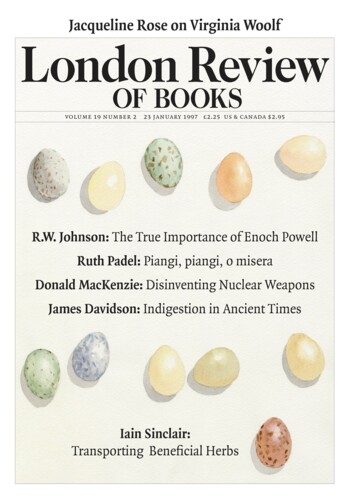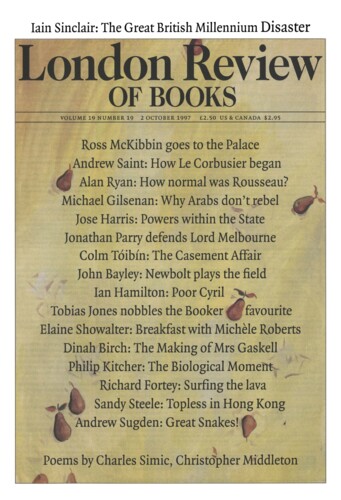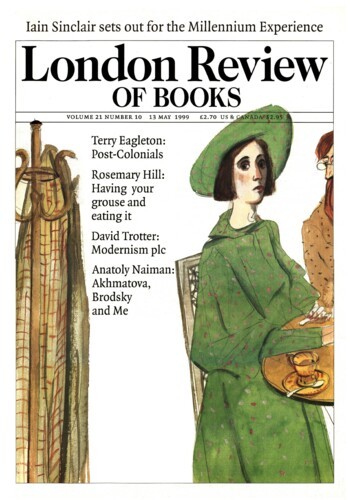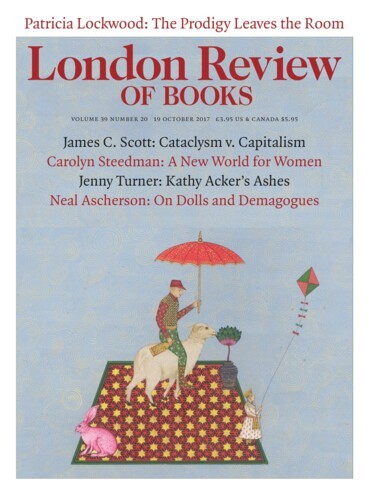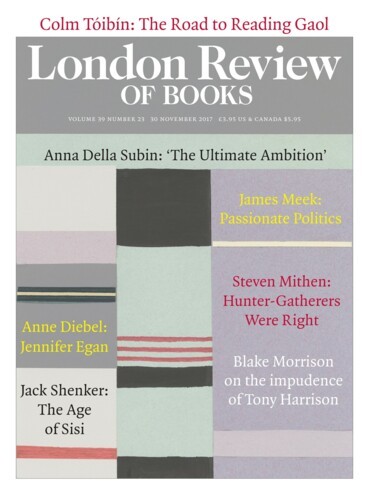In 1867, the British Government bought the V&A a cabinet, made by Messrs Wright and Mansfield, which had won the highest award at the Paris Exhibition of that year. It was 12 feet high, and made of satinwood, with an elaborate marquetry of coloured woods, gilt mounts and mouldings and Wedgwood plaques. It was an impressive piece, but more for its enormous size and laborious attention to ornate detail than for its gracefulness. It was, in other words, a classic example of Mid-Victorian taste. This volume in the New Oxford History of England is a fitting tribute to the qualities of that cabinet. Which is not to say that we should compare the author’s craftsmanship to that of Messrs Wright and Mansfield (though there are similarities). Rather, this is a book that celebrates the materialism of Mid-Victorian society, perhaps more unashamedly than any previous general history. Theo Hoppen is fascinated by the business of earning, spending and status, and his treatment of politics, religion and culture is profoundly and intriguingly affected by this concentration on profit, rank and display. This is the book’s major strength. Whether its relentless realism is also a weakness is a matter of taste.
In 1867, the British Government bought the V&A a cabinet, made by Messrs Wright and Mansfield, which had won the highest award at the Paris Exhibition of that year. It was 12 feet high, and...
